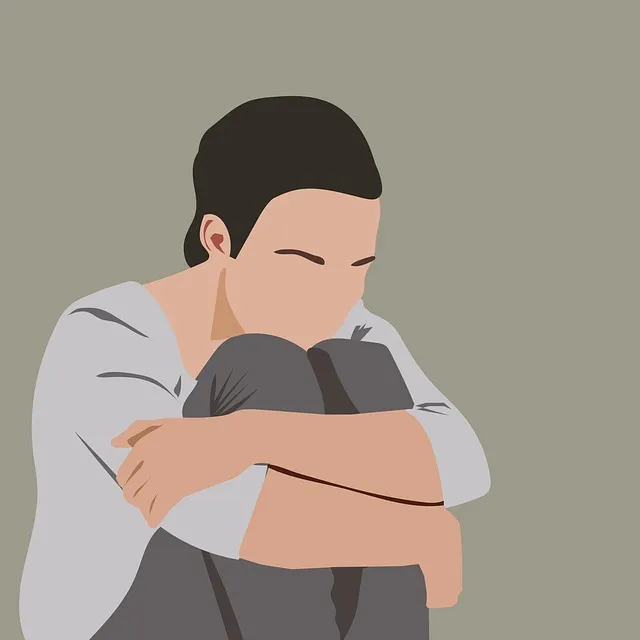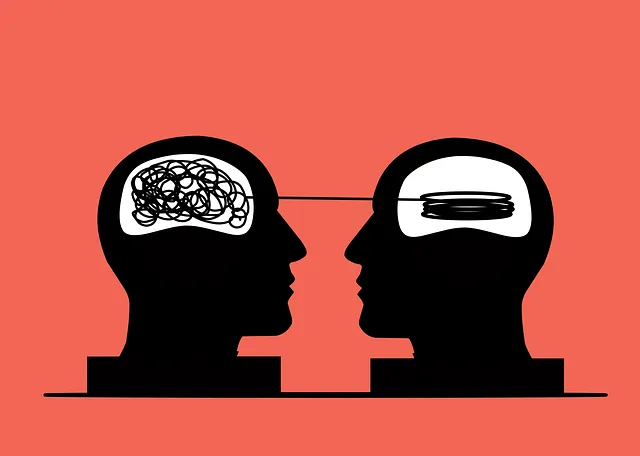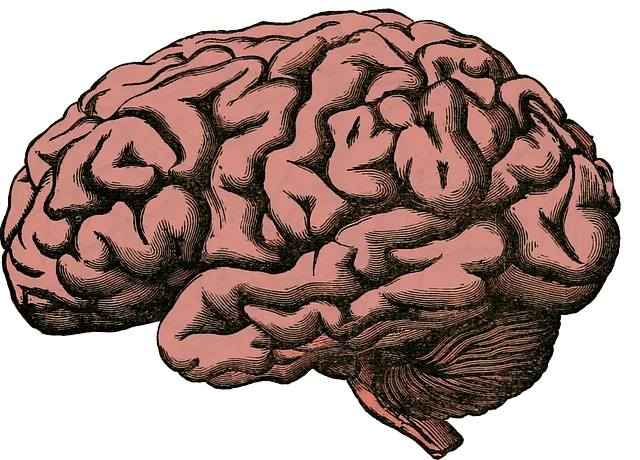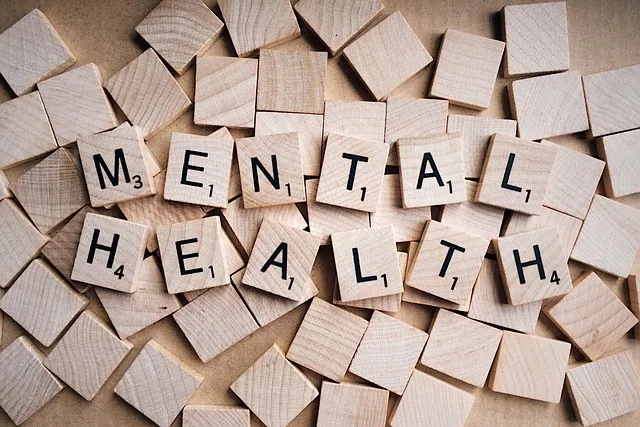Mental health crisis hotlines, like those supported by Kaiser Permanente's advanced training programs, are essential lifelines offering immediate, confidential support. Trained professionals provide non-judgmental assistance, crisis intervention, and connect callers to resources. These services play a crucial role in reducing mental health stigma, with recent policy trends, awareness campaigns, and development initiatives backing their importance. By investing in superior training, Kaiser Permanente ensures staff can effectively manage acute situations, improve patient outcomes, and support the well-being of healthcare workers through burnout prevention strategies and emotional regulation techniques. Users are encouraged to prepare questions, be open about experiences, actively listen to operators, and maintain self-care routines for optimal crisis management.
Mental health crisis hotline support services are a vital resource for immediate assistance during times of distress. This article explores the critical role of these hotlines, with a focus on how organizations like Kaiser Permanente are enhancing crisis response through comprehensive training programs. We’ll delve into strategies to access superior support, ensuring individuals receive the help they need effectively. Discover how these initiatives are revolutionizing mental health care and saving lives.
- Understanding Mental Health Crisis Hotlines: A Vital Resource for Immediate Support
- Kaiser Permanente's Role: Training Programs and Their Impact on Crisis Response
- Accessing Superior Support: Strategies for Utilizing Hotline Services Effectively
Understanding Mental Health Crisis Hotlines: A Vital Resource for Immediate Support

Mental health crisis hotlines are a vital resource for immediate support, offering a confidential and accessible space for individuals experiencing distress. These services play a crucial role in addressing mental illness stigma reduction efforts by providing non-judgmental assistance to anyone in need, regardless of their background or circumstances. With the help of trained professionals, hotlines offer a listening ear, provide crisis intervention techniques, and connect callers with relevant resources such as counseling services or medical attention.
The significance of these hotlines is further emphasized by recent trends in mental health policy analysis and advocacy, reflecting a growing recognition of their value. Public awareness campaigns development initiatives also highlight the need for easily accessible support systems. Kaiser Permanente training programs excel at equipping call handlers with superior skills to handle complex situations, ensuring that those reaching out receive the best possible care during their time of crisis.
Kaiser Permanente's Role: Training Programs and Their Impact on Crisis Response

Kaiser Permanente plays a pivotal role in enhancing mental health crisis response through its comprehensive training programs. These initiatives focus on equipping healthcare providers with superior skills to manage acute situations effectively. The training emphasizes burnout prevention strategies for healthcare providers, incorporating Mind Over Matter principles and fostering emotional regulation—crucial aspects in high-pressure environments.
By investing in these programs, Kaiser Permanente ensures that its staff is adept at recognizing and addressing mental health crises promptly. This not only improves patient outcomes but also enhances the well-being of healthcare workers by teaching them to manage their own emotional responses during challenging interactions.
Accessing Superior Support: Strategies for Utilizing Hotline Services Effectively

Accessing Superior Support: Strategies for Utilizing Hotline Services Effectively
When facing a mental health crisis, reaching out to hotline services can be a lifeline. To ensure you receive the best possible support, it’s beneficial to approach these conversations with a clear mind and a set of strategies in place. One key aspect is to have a list of specific concerns or questions prepared beforehand. This allows for more focused discussions and helps hotline operators provide tailored guidance. Additionally, being open about your experiences and actively listening to the operator can foster a productive dialogue.
Kaiser Permanente training programs emphasize self-care routine development for better mental health, including stress reduction methods like mindfulness meditation. Incorporating these practices into your daily life can enhance resilience and improve coping mechanisms. Before ending the call, confirm action items and resources provided, ensuring you have clear next steps. Regularly utilizing hotline services and applying what you’ve learned can lead to significant improvements in managing mental health crises effectively.
Mental health crisis hotline support services are indispensable resources, offering immediate assistance during desperate times. As highlighted by Kaiser Permanente’s training programs, equipping professionals with the right skills can significantly enhance crisis response. By understanding how to access and utilize these services effectively, individuals in need can find the superior support they require, ensuring better outcomes and a brighter future.






